
 >> View LUCE collections on EFG Cinecittà Luce is a public company that works as an operative arm of the Ministry of Culture for the Italian film industry. It is the result of the merging of Cinecittà Holding and Istituto Luce, the latter being the first state film company in Europe, founded in 1924.
>> View LUCE collections on EFG Cinecittà Luce is a public company that works as an operative arm of the Ministry of Culture for the Italian film industry. It is the result of the merging of Cinecittà Holding and Istituto Luce, the latter being the first state film company in Europe, founded in 1924.
 Deutsch
Deutsch English
English Čeština
Čeština Dansk
Dansk Français
Français Italiano
Italiano Lietuvių
Lietuvių Magyar
Magyar Nederlands
Nederlands Norsk
Norsk Português
Português Suomi
Suomi
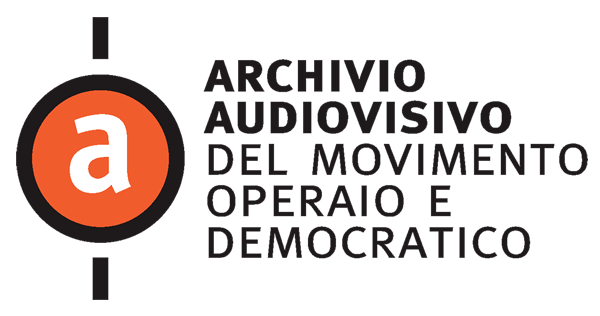






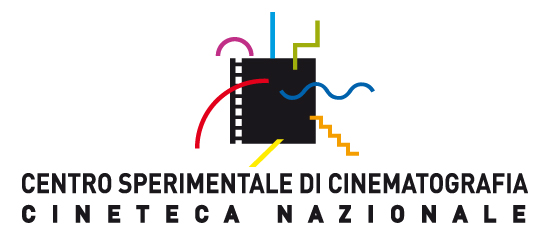












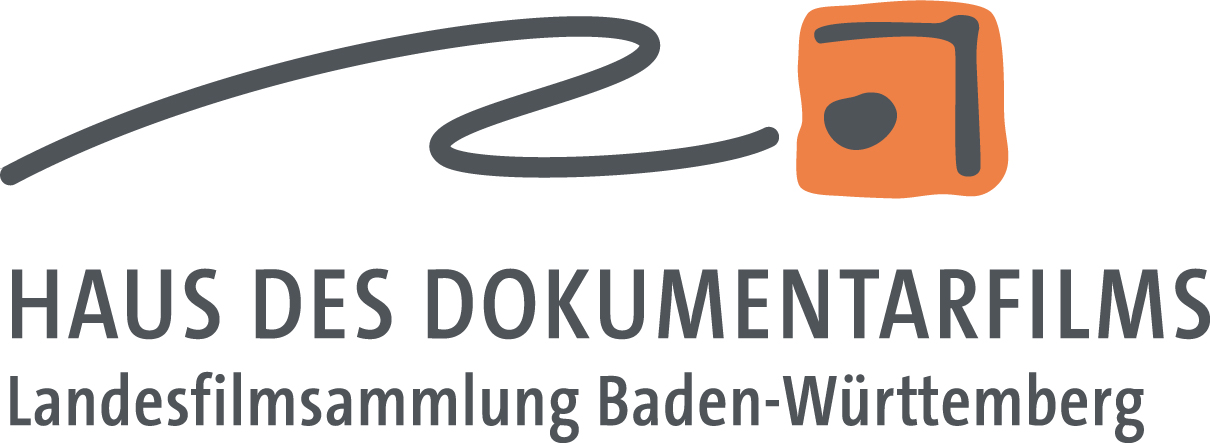

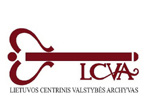
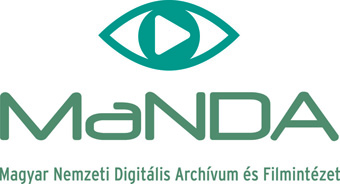
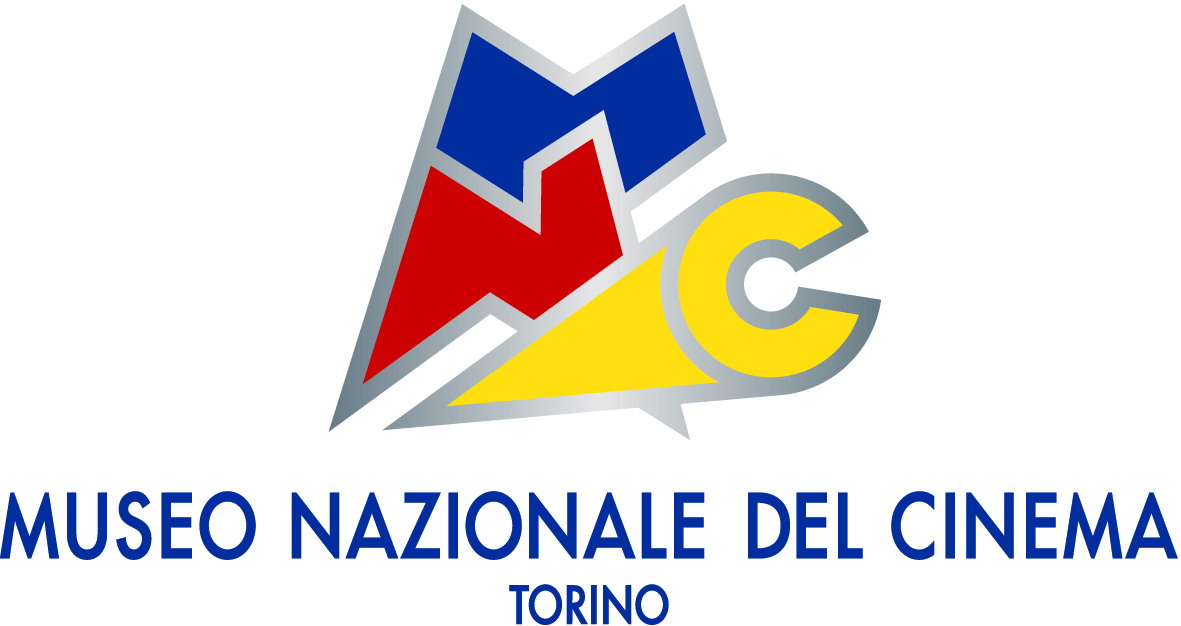

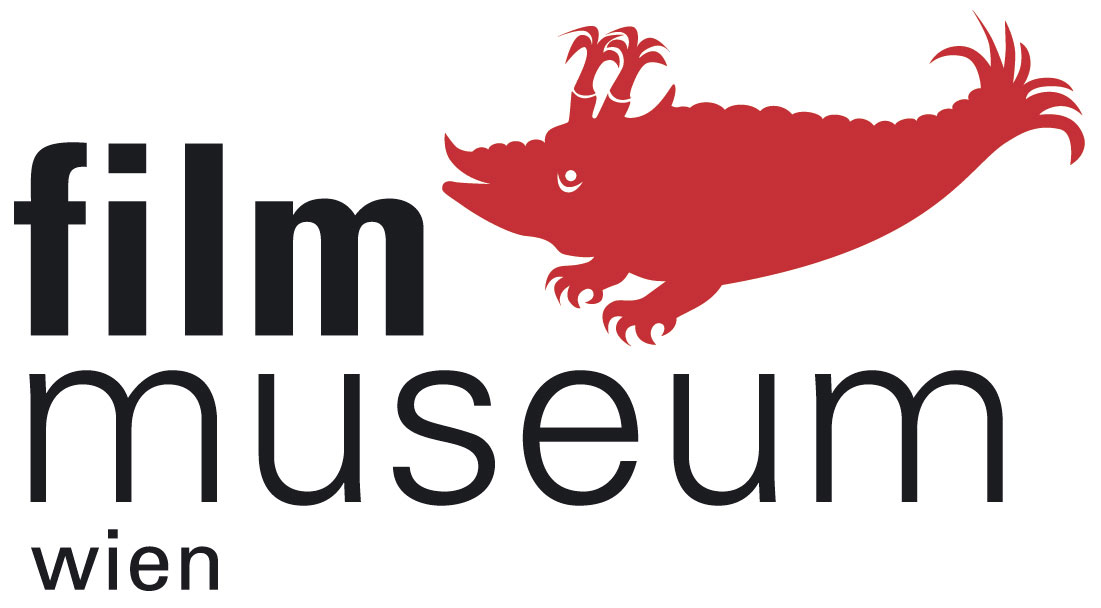

.jpg)